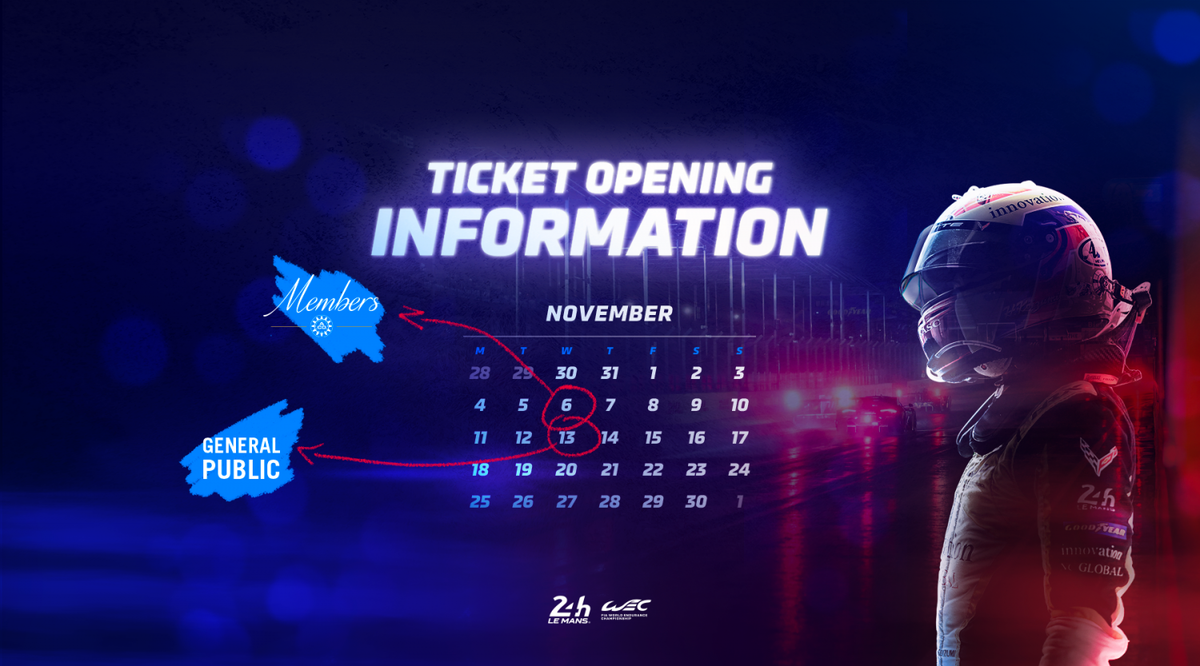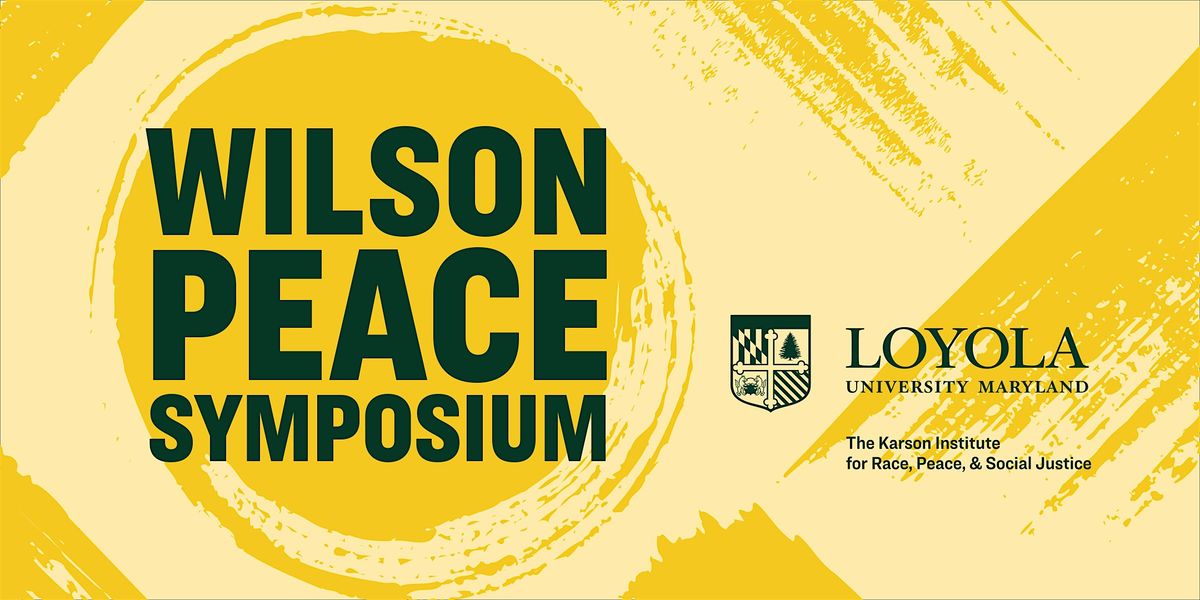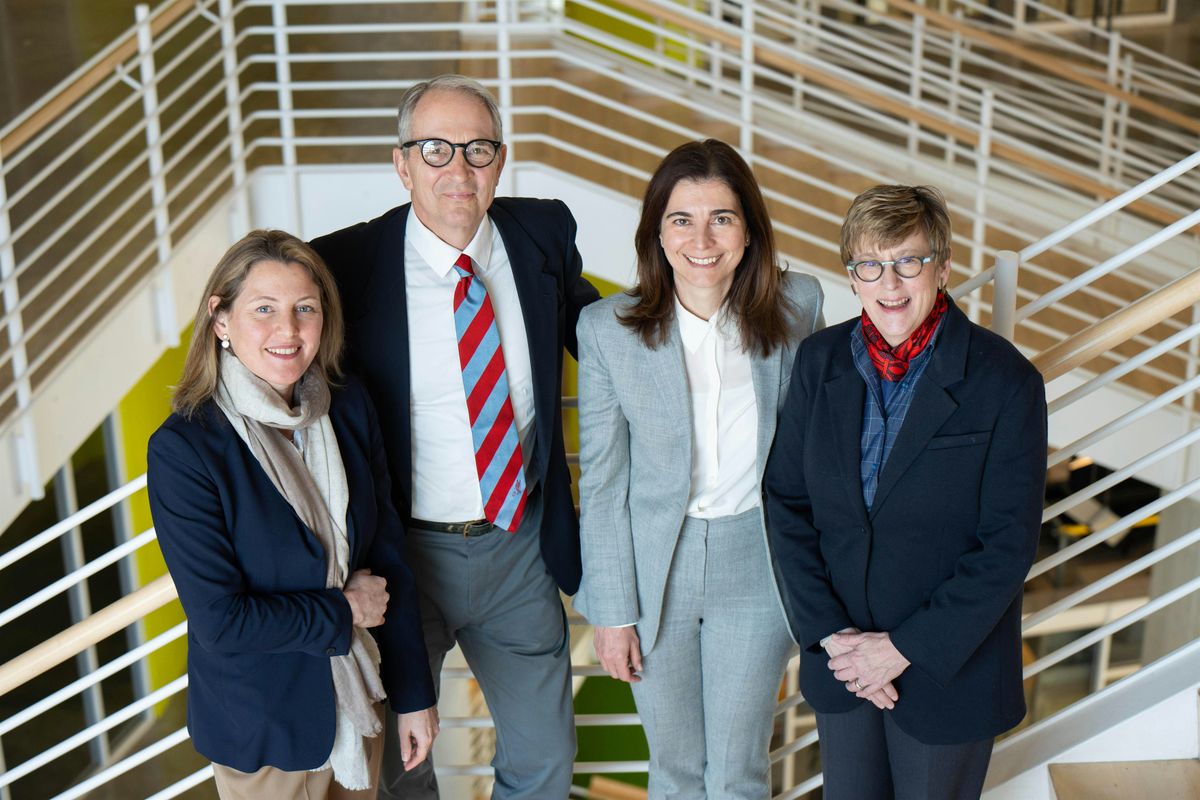
About this Event
Governments, NGOs, and other research institutes spend billions of dollars each year collecting demographic, economic, and health information about their populations. These efforts form the basis of many official reports, academic journal articles, and public health surveillance systems, each of which motivate public policy or inform the public to varying degrees. Though dependent on the sensitivity of the topic, these sponsoring organizations often publish household-level, person-level, or company-level datasets alongside their final, summary report. This response-level data (commonly known as microdata) allows external researchers both to reproduce the original findings and also to more deeply focus on segments of the population perhaps not discussed in the data products released by the authors of the original investigation. For example, the Census Bureau publishes an annual report, "Income and Poverty in the United States" with a series of tables, and also a database with one record per individual within each sampled households. While the Bureau helpfully provides many different cross-tabulations of their results, an external researcher might find utility in this dataset by investigating other groups (such as different age cutoffs or dollar thresholds), and so the public microdata files allow continued research where it otherwise might end. The website http://asdfree.com/ offers obsessively-detailed instructions to analyze a wide variety of publicly-available datasets using the R language. This resource generally contains three core components, each with step-by-step instructions: (1) Download automation or data acquisition; (2) Helpfully-noted analysis examples; (3) Replication of published estimates to prove correct methodology.
Target Audience:
Researchers interested in conducting original research with the extremely rich and varied amount of public data available. This course could be of interest to anyone hoping to learn more about quantitative research, economics, public policy, demography, or any other field reliant on social statistics to better understand individuals and businesses.
Both beginner or advanced R users are welcome, however some understanding of R syntax will be helpful depending on the complexity of the microdata chosen. The instructor will attempt to guide participants toward datasets appropriate for their coding skill level.
Use of library meeting space does not constitute endorsement of this organization, this program or its content by the Enoch Pratt Free Library.
Agenda
🕑: 02:00 PM - 02:30 PM
lecture introducing complex sampling
Info: Fundamentally, a complex sample survey aims to save money on the transportation costs of its interviewers by sampling geographies first and then people (or businesses or structures) within the geographies. So instead of sampling individuals nationwide, a survey administrator samples twenty towns and cities across the country, and then within those geographic areas, again samples multiple individuals. Nationwide, everyone still has the same probability of being sampled, but once the first stage of sampling occurs - when geographies are sampled - then suddenly the residents of those sampled geographies have a much higher probability of inclusion and everyone else's inclusion probability goes to zero. But now, instead of sending an in-person survey team to ten thousand different interviews across the country, they'll only need to travel to twenty. Suddenly, the survey interviewer transportation budget looks much nicer.
🕑: 02:30 PM - 03:00 PM
discussion of experience with datasets
Info: Course participants will discuss any publication history or experience using any publicly available dataset, and what research questions they have answered (or would like to answer) with any publicly available dataset.
🕑: 03:00 PM - 03:30 PM
review of one asdfree.com entry
Info: Each dataset presented on asdfree includes three major components: 1. Download automation or data acquisition; 2. Helpfully-noted analysis examples; 3. Replication of published estimates to prove correct methodology. We will walk through each of these segments for one dataset, with participants testing out the same R code on their local laptops. Given the high similarity of the structure of each dataset, participants will ideally quickly understand that once they are able to get started using any of these entries, it's quite simple to apply the same knowledge to *all* of these entries.
🕑: 03:30 PM - 03:30 PM
BREAK FOR SNACKS!
🕑: 03:30 PM - 04:00 PM
discussion of research goals across surveys
Info: As an example, if a participant mentions interest in health insurance coverage in the United States, we might review the strengths and weaknesses of different surveys on the topic. SIPP interviews individuals every year for multiple years, and asks about every single month of coverage. CPS interviews individuals with the full ASEC one time, asking for health insurance at the point of interview and also monthly through the prior year. CPS also asks many labor force questions, and is representative at the state-level. NHIS asks about health insurance only at the single interview, but also asks many health status and health behavior questions. BRFSS only asks a single question about health insurance, but it has a large sample size, even at the state-level.
🕑: 04:00 PM - 05:00 PM
hands-on session
Info: Selecting any dataset from the list of available datasets on asdfree.com, participants will follow a single entry from start to finish.
Event Venue & Nearby Stays
Enoch Pratt Free Library (BST Classroom 1802), 400 Cathedral Street, Baltimore, United States
USD 0.00












